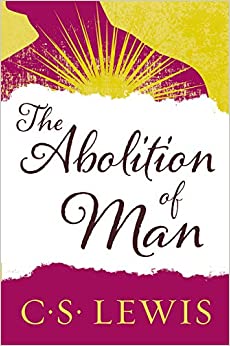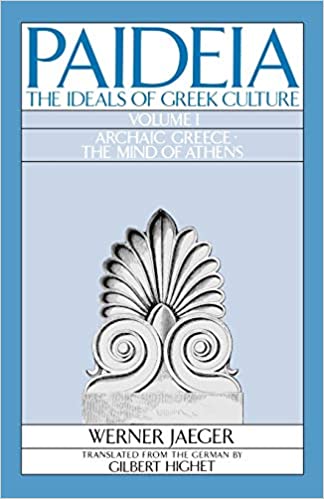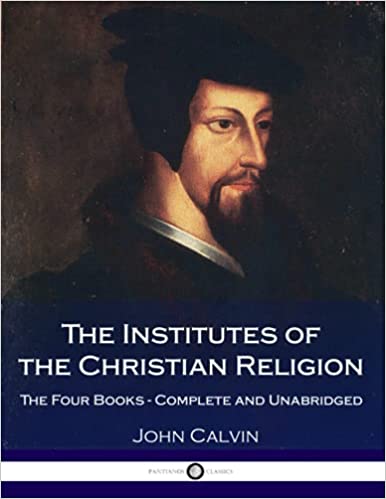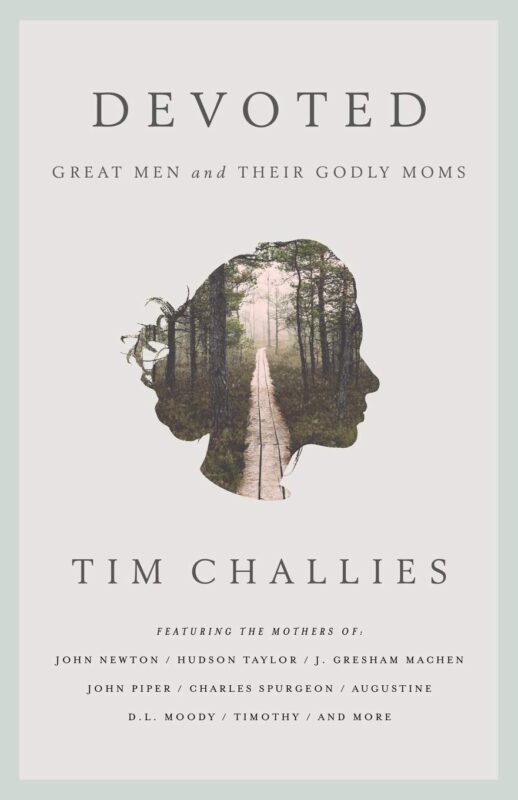The Liberal Arts Tradition: A Philosophy of Christian Classical Education (Revised Edition)
The Liberal Arts Tradition: A Philosophy of Christian Classical Education introduces readers to a paradigm for understanding a classical education that transcends the familiar 3-stage pattern of grammar, logic, and rhetoric. Instead, this book describes the liberal arts as a central part of a larger and more robust paradigm of classical education that should consist of piety, gymnastic, music, liberal arts, philosophy, and theology. The Liberal Arts Tradition also recovers the means by which classical educators developed more than just intellectual virtue (by means of the 7 liberal arts) but holistically cultivated the mind, body, will, and affections. This is a must-read for educators who want to take a second big step toward recovering the tradition of classical education.
More info →The Abolition of Man
From Amazon: "In the classic The Abolition of Man, C.S. Lewis, the most important Christian writer of the 20th century, sets out to persuade his audience of the importance and relevance of universal values such as courage and honor in contemporary society. Both astonishing and prophetic, The Abolition of Man is one of the most debated of Lewis's extraordinary works. National Review chose it as number seven on their 100 Best Nonfiction Books of the Twentieth Century."
More info →Paideia: The Ideals of Greek Culture: Volume I: Archaic Greece: The Mind of Athens
Werner Jaeger's classic three-volume work, originally published in 1939, is now available in paperback. Paideia, the shaping of Greek character through a union of civilization, tradition, literature, and philosophy is the basis for Jaeger's evaluation of Hellenic culture.
Volume I describes the foundation, growth, and crisis of Greek culture during the archaic and classical epochs, ending with the collapse of the Athenian empire. The second and third volumes of the work deal with the intellectual history of ancient Greece in the Age of Plato, the 4th century
B.C.--the age in which Greece lost everything that is valued in this world--state, power, liberty--but still clung to the concept of paideia. As its last great poet, Menander summarized the primary role of this ideal in Greek culture when he said: "The possession which no one can take away from man is paideia."
The Institutes Of The Christian Religion: The Four Books – Complete and Unabridged
The Institutes Of The Christian Religion is a landmark text in the history of Protestant Christianity, and is a crucial publication amidst the upheaval of the Reformation of the 16th century. Its influence upon the subsequent founding and organization of the Protestant churches was profound, and the work continues to be referenced by scholars and historians to this day. First published in Latin but soon translated to John Calvin's native French, this book is also responsible for a substantive refinement of Francophone linguistics.
Calvin designed his book with the assumption of a basic level of theological knowledge on the part of the reader; namely the tenets of Christianity, the doctrines of the Holy Bible and the central importance of the Lord Jesus Christ. Herein we discover a wide-ranging yet thorough text; readers are given a deep and measured explanation of Protestant doctrine, an identification of the differences which Protestantism has with the Holy Catholic church, the errors identified in Catholicism, and a call to action following the divine calling of Christ and God.
Many inspirations may be observed in the manner John Calvin writes this text: the sacramental elements and the observance of the faith emphasized by Martin Luther, and the establishment of the divine will as noted by Martin Bucer are present. Prior to the publication of this work, other, shorter books attempted to explain Protestant theology. None however possessed the thoroughness or scholarly distinction of Calvin's work, which became both popular and vital to the growth of Protestantism as a Christian movement.
Where other editions may omit, condense or otherwise abridge the words of John Calvin, this printing does no such thing. Based upon a 1581 reprint of Thomas Norton's original translation first published in 1561, we find here the original version of the English text in its entirety as published during John Calvin's lifetime. An extensive table of contents allows readers to navigate and reference the text, which is organized into the traditional four book format established in the 16th century.
More info →Devoted: Great Men and Their Godly Moms
Women shaped the men who changed the world.
- History tells of women whose love for the Bible shaped its earliest and most prominent teachers.
- It tells of women who were great theologians in their own right, yet whose only students were their own children.
- It tells, time and time again, of Christian men who owe so much to their godly mothers.
Raising children to honor and glorify the Lord is the goal of every Christian mother, but how can you do that? Who can teach you? One of the best ways to learn is to read examples of women who have succeeded at the very task you are attempting.
Come take a brief look at some of them.
- We will look to the church’s earliest days to find a man who owed his salvation to the careful biblical instruction he received on the lap of his mother.
- We will zoom forward a few centuries to a woman whose constant prayers were at last rewarded when her son came to faith and went on to become one of history’s most influential theologians.
- We will advance to recent centuries to see how the prayers, teaching, and examples of godly mothers have shaped evangelists, preachers, and stalwart defenders of the faith.
- We will learn together of Christian men and their godly moms, mothers who were used to shape the men who changed the world.
—Tim Challies





